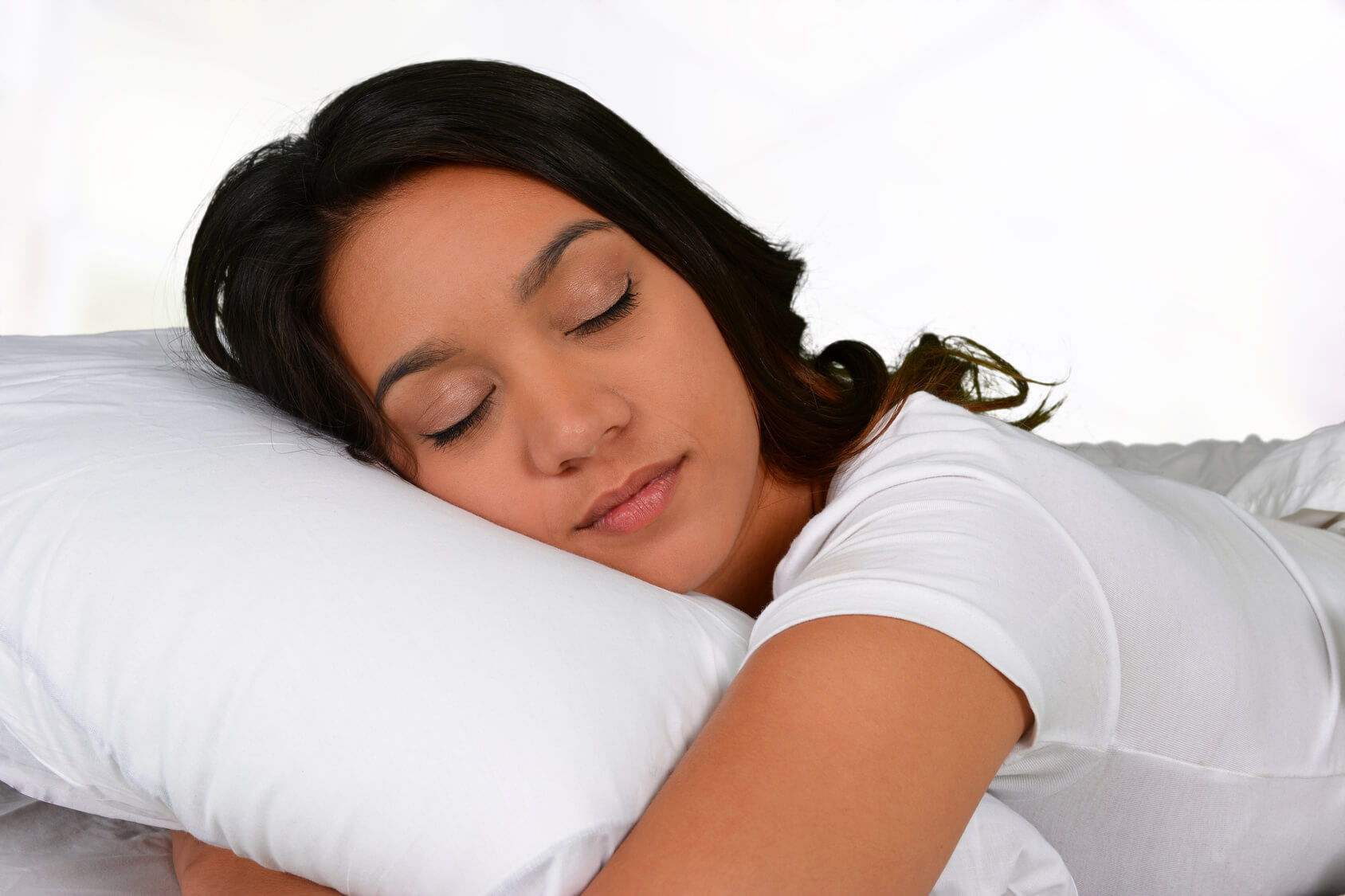Sleep and mental health are deeply connected. When you haven’t had a good night’s sleep, you may notice your mood takes a hit. You might feel irritable, overwhelmed, or struggle to focus. But these short-term effects are just the tip of the iceberg when it comes to the relationship between sleep and mental health. Science shows that sleep quality has a profound impact on mental well-being, and the connection works in both ways. Here’s what the data tells us and how improving sleep habits can protect your mental health.
Poor Sleep and Its Mental Health Impact
Sleep problems aren’t just an annoyance; they can have serious consequences on your mental health. Research has long established that poor sleep quality is linked to a range of mental health issues, from anxiety and depression to more severe conditions such as bipolar disorder and schizophrenia. A survey conducted by the CDC revealed that adults who get less than seven hours of sleep per night are more likely to report frequent mental distress compared to those who sleep seven or more hours.
But why is sleep so essential for mental well-being? One reason lies in how the brain processes emotions and stress. During deep sleep, your brain consolidates memories and processes emotions, which helps you cope with day-to-day challenges. When you don’t get enough restorative sleep, this process is disrupted, making it harder to regulate negative emotions and leaving you more vulnerable to stress.
For example, a study published in the journal Current Psychiatry Reports found that sleep disturbances often predict the onset of mood disorders like depression. People with insomnia, for instance, are 10 times more likely to develop clinical depression compared to those with healthy sleep patterns. Similarly, chronic sleep loss has been linked to heightened levels of anxiety, as the lack of rest triggers an overactive amygdala (the brain’s fear and emotion center), making it harder to stay calm in stressful situations.
A Two-Way Street
The relationship between sleep and mental health isn’t one-sided; it’s bidirectional. Just as poor sleep can harm mental health, mental health issues can also disrupt sleep. For example, individuals with anxiety often lie awake due to racing thoughts, while people with depression can experience hypersomnia (sleeping too much) or insomnia.
A report from Harvard Medical School highlights that up to 80% of people with depression experience insomnia. Similarly, individuals with post-traumatic stress disorder (PTSD) often face nightmares and fragmented sleep, which can reinforce their symptoms over time. What makes this cycle particularly challenging is that sleep problems and mental health issues feed each other. Struggling with one often worsens the other, creating a vicious loop that can be difficult to break.
The Science of Improving Sleep for Mental Health
The good news is that breaking this cycle is possible. Evidence suggests that improving sleep quality doesn’t just enhance physical health; it can also be a powerful tool in supporting mental well-being. Sleep-focused interventions, such as Cognitive Behavioral Therapy for Insomnia (CBT-I), have shown promising results in helping individuals manage mental health symptoms. CBT-I, for example, teaches people to change harmful sleep behaviors and reframe negative thoughts about sleep, leading to better emotional health outcomes.

Research also indicates that better sleep can reduce the intensity of mental health conditions. A study published in The Lancet Psychiatry examined how improving sleep among individuals with insomnia led to reduced symptoms of anxiety and depression within just eight weeks. Even simple changes, such as getting consistent, high-quality rest, can ease emotional distress for many people.
Practical Tips to Improve Sleep Quality
While therapy and medical interventions are critical for some, there are plenty of actionable steps anyone can take to improve sleep quality and mental health. Here are a few science-backed strategies:
Stick to a Schedule
Try to go to bed and wake up at the same time every day, even on weekends. This consistency helps regulate your body’s internal clock, making it easier to fall asleep and wake up refreshed.
Create a Relaxing Bedtime Routine
Develop calming pre-sleep habits such as reading a book, practicing mindfulness meditation, or taking a warm bath. Avoid stimulating activities like scrolling on your phone or watching high intensity shows late at night.
Optimize Your Sleep Environment
Make your bedroom a sanctuary for sleeping. A dark, cool, and quiet environment promotes better rest. Try blackout curtains, noise machines, or a comfortable mattress and pillows for added comfort.
Limit Caffeine and Alcohol

Avoid caffeine at least six hours before bedtime, as it can interfere with your ability to fall asleep. Similarly, while alcohol might initially make you drowsy, it can disrupt your sleep cycles later in the night.
Exercise Regularly
Engaging in moderate physical activity during the day can help you fall asleep more easily. Just be careful to avoid intense workouts close to bedtime, as these can have the opposite effect.
Practice Stress Management
Since stress directly impacts sleep quality, finding ways to manage it is key. Activities like yoga, journaling, or talking to a trusted friend can help you offload worries before bedtime.
Limit Screen Time Before Bed
The blue light emitted by devices can suppress melatonin production, making it harder to feel sleepy. Consider winding down without screens an hour before bed.






